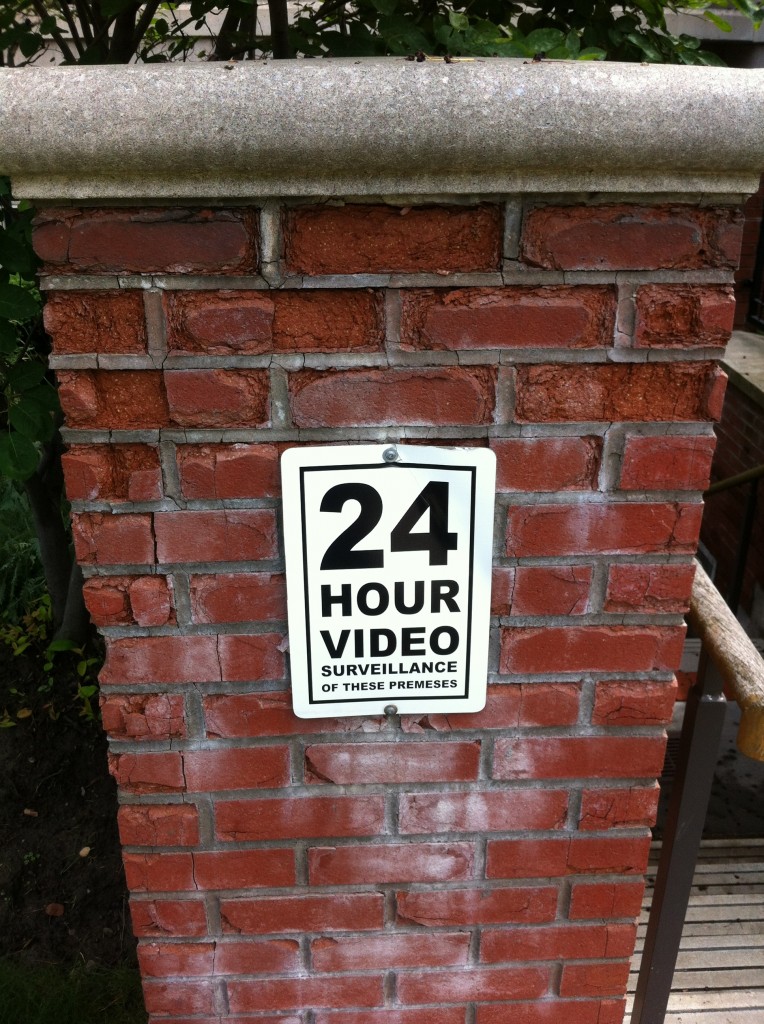In order for a masonry structure to have a long life here in Ontario it needs to be able to stand up to the climate. The biggest threat to the health of a masonry unit is water. Particularly so in the case of softer clay bricks, the type that was manufactured at the Don Valley Brick Works and used throughout the construction of Toronto. Whether it’s in the form of ice, snow or rain once moisture builds up within a masonry unit it can cause damage. Water will fill the pores of a masonry unit, and as the temperature drops and the water freezes the water will expand and put pressure on the unit from within. With every freeze and thaw cycle this pressure will weaken the masonry unit and eventually result in the face of the Brick “spalling”, that is, breaking away from the rest of the brick.
Masons have long known about this problem and the solution is to build masonry walls with a mortar that is weaker and more water permeable than the masonry unit. Water always wants to find the easiest way through a substance, by building with a permeable mortar masons are giving the water an easy-out. When a masonry structure is working properly, over time the mortar will show signs of stress and deterioration but the bricks will remain intact, exactly as it was intended.
Until the mid 20th century Toronto’s brick homes were built with soft lime mortars, and they need to be repaired with the same. The use of cement mortars to repair old masonry can be very damaging, creating a barrier against water which traps excess moisture within the bricks, leading to continued damage and deterioration. Cement mortars are cheaper and easier to work with, but when they are used in the wrong situation they can cause costly damage. When thinking about repairing your home make sure to contact someone with a thorough understanding of lime mortars and traditional building techniques.
